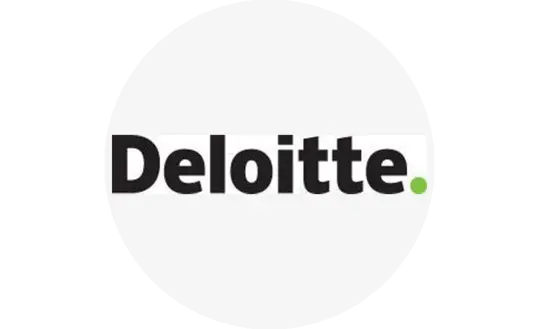The United Kingdom’s Treasury issued a new set of reporting rules for digital platform operators in the UK, similar to the DAC 7 reporting obligations in the EU. The regulations, titled Platform Operators (Due Diligence and Reporting Requirements) Regulations 2023, were introduced in July and will be applied as of Jan. 1, 2024, with initial reporting due in Jan. 2025.
The rules require in-scope platform operators to:
- Notify HM Revenue & Customs (HMRC) that it is a reporting platform operator
- Identify reportable sellers
- Collect and report information on those sellers' income generated via the platform for supplies of tangible goods, personal services, transport and renting out of immovable property.
Additionally, to ensure correct information is reported the platform operators must also verify information about sellers and (where applicable) property listings. The report to HMRC is due on or before the 31st of January following the end of the reporting period and must be submitted electronically. The same information is to be shared by the platform with the reportable seller simultaneously.
Platform operators must keep records of the steps taken to comply with the rules and the information collected for five years. The new regulations include penalties for:
- Late reports
- Failure to provide information to HMRC
- Failure to provide information to reportable sellers
- Non-compliance with record-keeping requirements
- Failure to notify HMRC about reportable platform status
- Not applying proper due diligence procedures
- Inaccurate or incomplete reports.
You can read the full Treasury publication, Platform Operators (Due Diligence and Reporting Requirements) Regulations 2023 here.
The regulations refer to and incorporate elements of the Organisation for Economic Co-operation and Development (OECD) model reporting rules, approved in 2020 as part of its Base Erosion and Profit Shifting (BEPS) initiative. These “Model Rules for Reporting by Platform Operators with respect to Sellers in the Sharing and Gig Economy” are intended to help tax authorities adapt their strategies in light of the increasing number of taxpayers earning income via exchanges on digital platforms.
Also of note: regulations similar to the UK’s are being implemented in EU member states, according to Deloitte. Read more about the OECD’s reporting rules here.
Disclaimer
Please remember that the Vertex blog provides information for educational purposes, not specific tax or legal advice. Always consult a qualified tax or legal advisor before taking any action based on this information. The views and opinions expressed in the Vertex blog are those of the authors and do not necessarily reflect the official policy, position or opinion of Vertex Inc.


